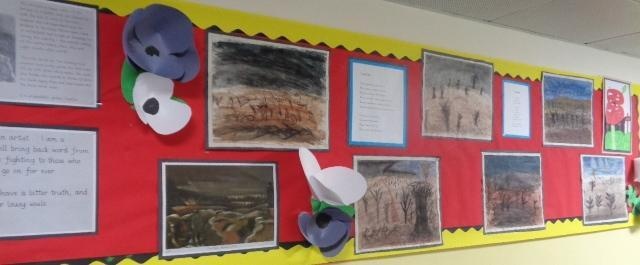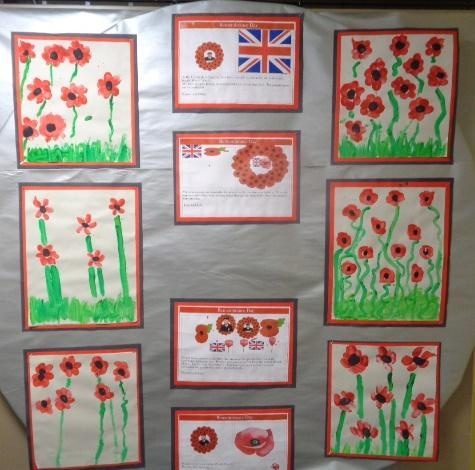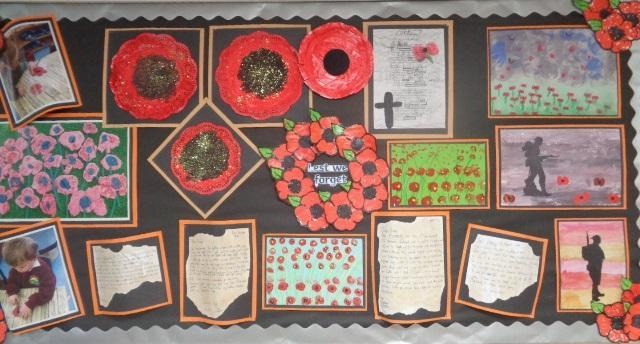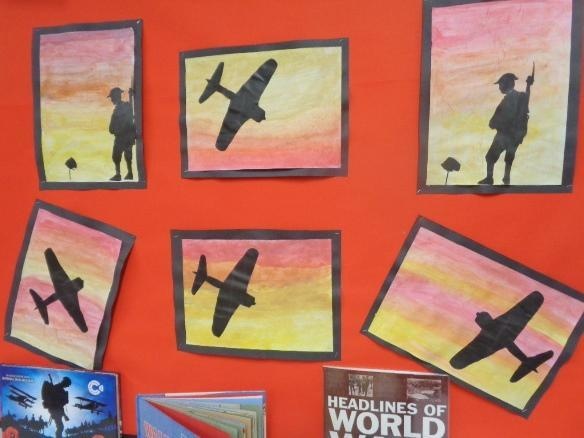History
Why is History important?
History is important because it helps pupils to understand and interpret the past, and therefore, the present.
Through history, pupils develop a deeper cross-cultural awareness and understanding of their own and others’ heritage, through looking at evidence and asking and answering questions. In history, we can analyse successes and failures, which, in turn, teaches us to learn from our mistakes.
Chronology
Using the Knowledge Building pillar for Chronology, we have designed the curriculum to allow pupils to develop their learning within each phase, linked to the corresponding cognitive block.
- Pathfinders - Fit people and events into a chronological framework
- Adventurers - Establish clear narratives within periods of history
- Navigators - Make connections between periods of history
Pathfinders (Ash and Birch Class)
In this phase, there is a focus on people that lived and events that have taken place primarily over the last 200 years. This limited time span is much more manageable for younger children, allowing them to conceptualise more easily and providing a framework for pupils to begin understanding chronology over time beyond the simple sequencing of everyday events. The historical content itself often links to pupils’ everyday experiences (e.g. inventions such as the TV, lightbulb), making the learning more concrete and less abstract, in order to help them begin to make sense of their changing world.
Adventurers (Pine class)
Pupils begin to look at more specific periods in history e.g. Benin, and develop narratives within those, such as the exile of Ogiso and the change of rule, leading to much greater prosperity under the Obas.
Navigators (Beech and Oak)
As knowledge builds, pupils should begin to identify and understand connections between different events and periods in history. One example might be within the leadership focus which is explored and developed across the ‘Learning Means the World’ Curriculum, from learning about Roman Emperors in ‘You’re Not Invited’ to world leaders in ‘Wars of the World’. As long as the pupils understand the concept of chronology and know where the era, person or event they are studying fits on the historical timeline, history does not have to be taught in chronological order. The use of timelines, therefore, is particularly important in establishing the sequence of, and connections between, different periods of history

World War One Displays






